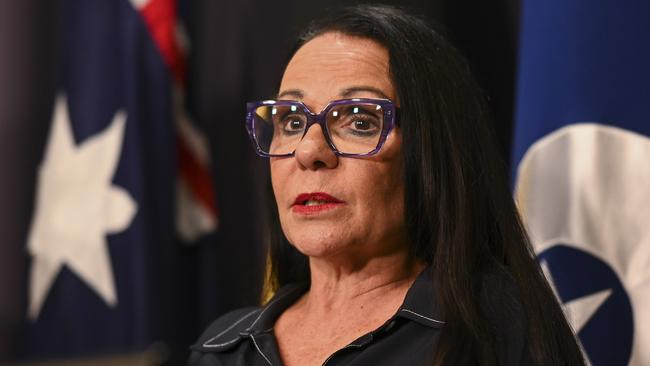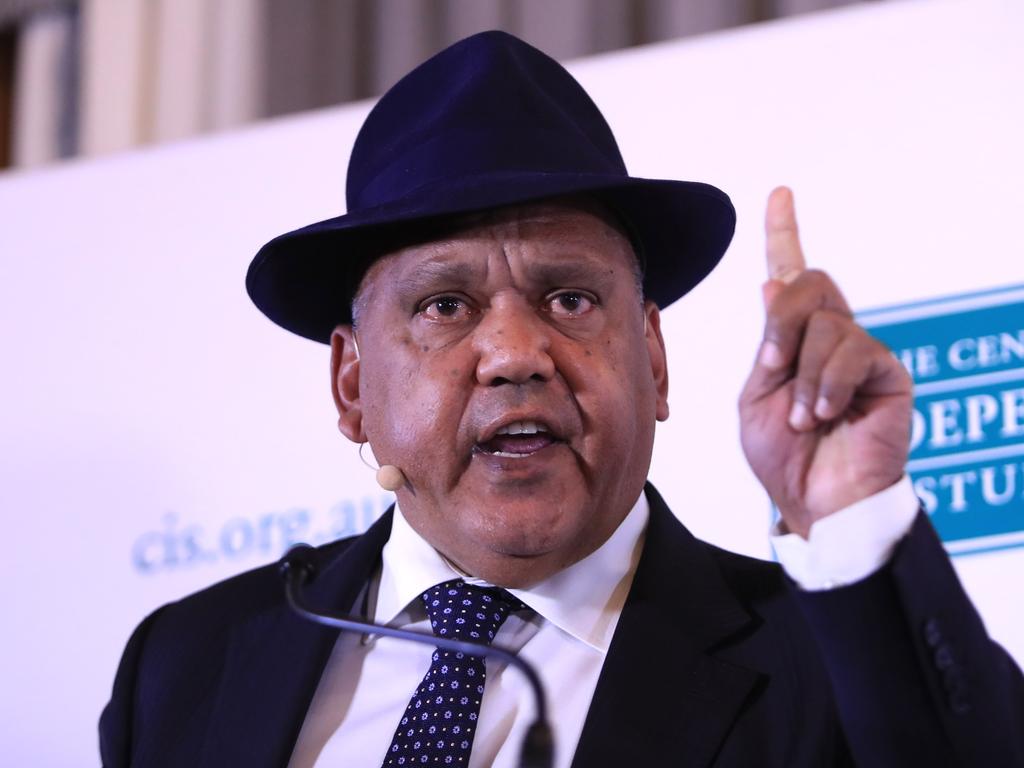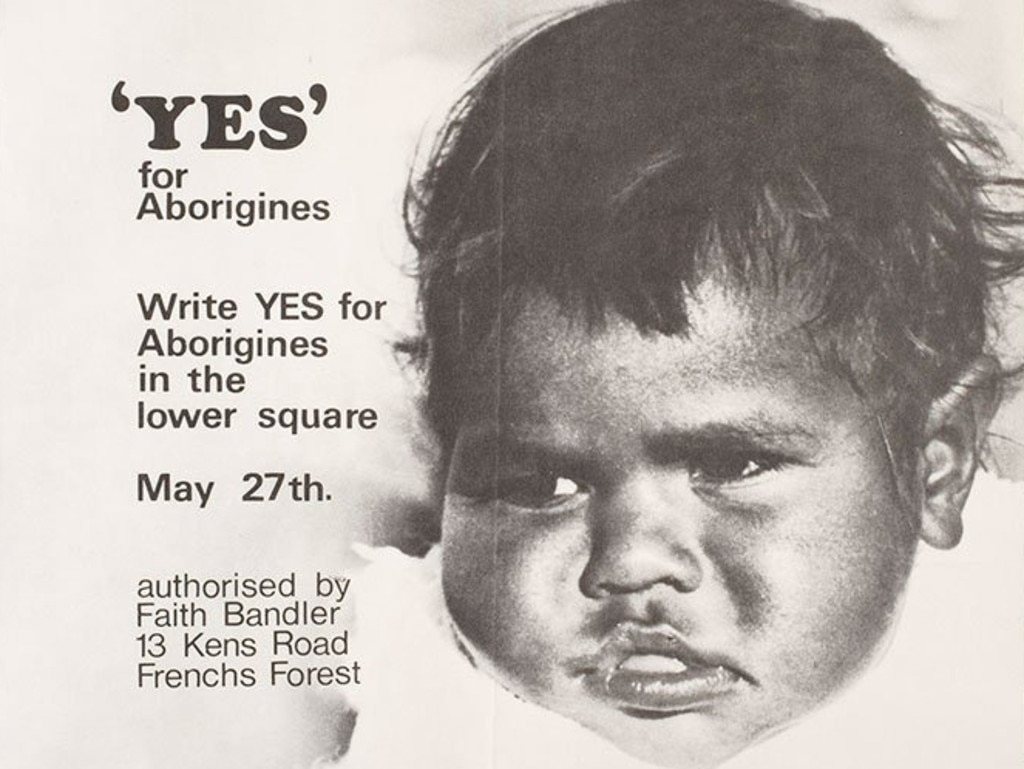‘We can’t turn back now’, Linda Burney digs in on Indigenous voice to parliament model
The Indigenous Australians Minister and prominent voice supporters are staring down calls to reset the Yes campaign or delay the referendum.

Linda Burney and prominent supporters of an Indigenous voice to parliament are staring down calls to reset the Yes campaign or delay the referendum and reconciliation, with the Indigenous Australians Minister declaring Australia has come too far to turn back now.
As polling continues to show a fall in support for the voice and Peter Dutton urges Anthony Albanese to unite the country by pursuing only constitutional recognition, Ms Burney accused the No campaign of importing American Trump-style politics by weaponising misinformation.
Digging in behind the government’s chosen model for the voice, which has the power to make representations to the parliament and executive government on matters affecting Aboriginal and Torres Strait Islander people, Ms Burney told the Committee for Economic Development of Australia’s state of the nation conference on Tuesday night: “We have come too far as a nation on this journey of reconciliation to turn back now.
“We have to go forward. We have everything to gain and nothing to lose by supporting the voice … It is an opportunity to ensure we are getting the best possible advice from the ground. It is a mechanism for us to listen, so that we can make better policies and help close the gap. Because more of the same is not good enough.”
Sean Gordon, co-convener of the Liberals for Yes campaign and chair of conservative think-tank Uphold and Recognise, said a major reset was not necessary and momentum would shift in the voice’s favour once the debate moved out of federal parliament.
“We’ve got to run the course. We’ve started a process; we’ve got to finish it,” Mr Gordon said.
“You can either come out early and try and combat this period of pressure that we’re facing or it could cost you a lot of money and time in wasting people’s valuable resource. We have to just see out this period (of political debate).”
Some Yes campaigners conceded that, whatever the polls said, they had to turn the tide and make the voice more palatable.
The latest Newspoll, conducted for The Australian, revealed only 46 per cent of voters approved of altering the Constitution to give effect to the voice as proposed by the government.
The Opposition Leader said Australians knew instinctively that inserting a new chapter into the Constitution was a very big deal and not something that could be done without detail.
Mr Dutton said he would work with the Prime Minister to pursue constitutional recognition, but he didn’t specify how.
“The polls today have suggested that the best case is that the voice gets up by a slim majority and the country is divided,” Mr Dutton said, according to a Coalition spokeswoman.
“Labor have rejected all chances and all suggestions to give the referendum its best chance of success. There is an opportunity now for the Prime Minister to unify the country and that’s through constitutional recognition without the constitutionally enshrined voice. And we will work with the Prime Minister to do this.”
Megan Davis and Pat Anderson, co-chairs of the Uluru Dialogue who have travelled across the country to advocate for the voice, said when they sat down and explained the difference the voice would make, Australians were more than ready to vote Yes.
“We’re so heartened by those conversations with regards to recognition through a constitutionally enshrined voice, and our faith in the Australian people remains as strong as ever,” they said.
“We take seriously our responsibility to our own people who told us throughout the regional dialogues and national convention process – and continue to tell us in overwhelming numbers – that the meaningful change we seek is worth our combined efforts.”
Marcus Stewart, co-chair of the First Peoples’ Assembly of Victoria and a member of the Albanese government’s referendum working group, said polling showing a fall in support for the voice was “completely disjointed” from “the sentiment and reality of what we are seeing and hearing”.







To join the conversation, please log in. Don't have an account? Register
Join the conversation, you are commenting as Logout